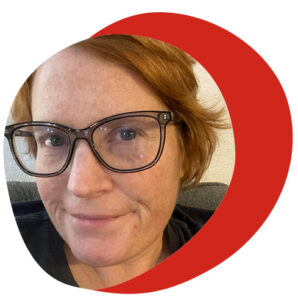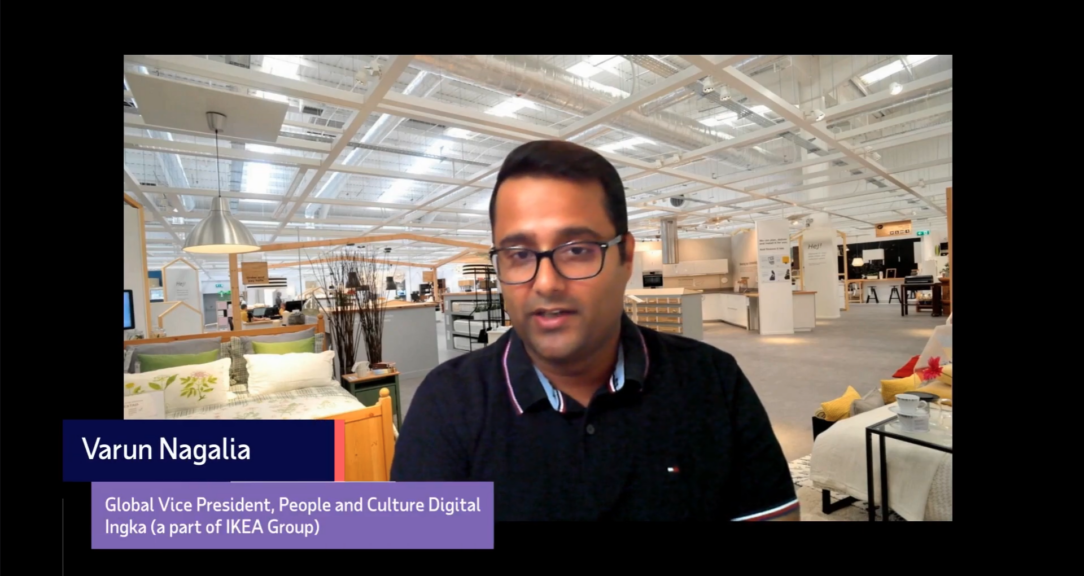For a time during the Covid-19 pandemic, it seemed like many Americans were keeping their spending under control. Some were even paying off old debt, thanks to government assistance such as stimulus payments and unemployment relief.
But that boost was short-lived. By the fourth quarter of 2022, total household debt in the U.S. had increased to $16.9 trillion, according to the Federal Reserve Bank of New York. While mortgages have held relatively steady and car loans are declining, credit card debt has soared.
Americans aren’t alone when it comes to supplementing household income by taking on personal debt. But in the confluence of pandemic, inflation and geopolitical conflicts, global debt is on the rise, and household debt has climbed to record levels, according to the International Monetary Fund.
Household debt is an umbrella term that includes home mortgages, auto loans, student loans, credit cards and other personal loans. While student loans and home loans are generally considered “good debt,” credit cards and personal loans are more often associated with higher interest rates and impulsive purchases.
It’s high-income countries where people are more likely to spend beyond their means. Canada, Israel, Iceland and Japan have higher shares of credit card holders than the U.S., according to the World Bank, but on average carry lower balances.
“Debt is a tool,” says Kevin Berry, Associate Professor of Economics at the University of Alaska Anchorage. According to Berry, Americans tend to moralize debt too much; it’s overspending, not debt, that’s a problem. For bigger purchases, such as education, cars or appliances, it’s important to be able to spread payments out over the time the product or service is used. “Most people have relatively little money when they’re starting out, and the ability to borrow from your older self is valuable,” he says.
Nahuel Galarraga, 37
Legal defender — General Roca, Argentina
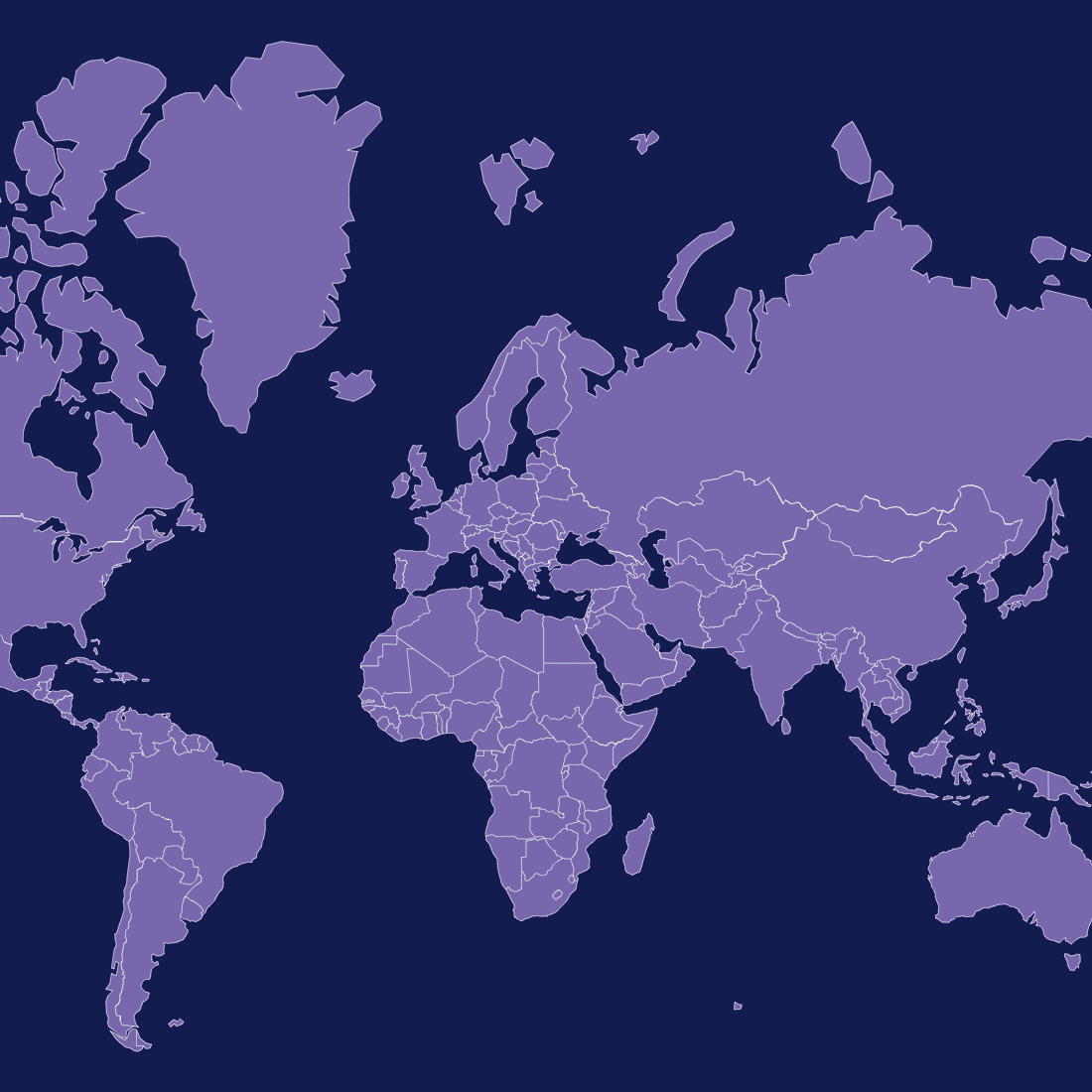
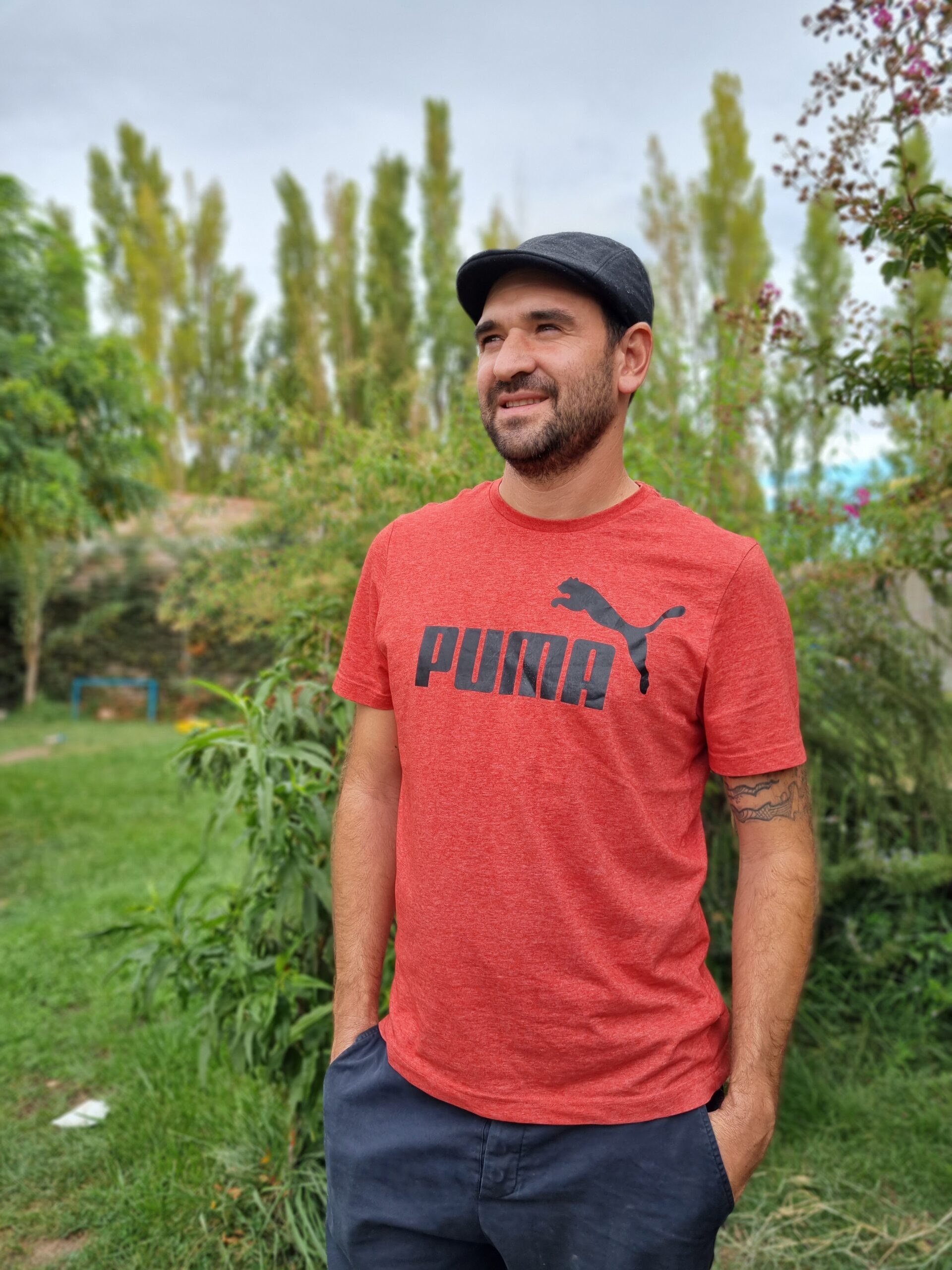
I have been working for 10 years in a state agency for the defense of the human rights of detainees. I entered the position through an internship and after some time I was formally hired. Once I obtained my law degree, I got a pay rise. I get paid by bank transfer on the first working days of each month. My salary fluctuates month by month due to inflation and tax income; I never get paid the same amount twice.
I come from a middle-class family. My mother had a stable job, but her low salary did not allow her to buy a house, a car, or go on holiday. She took out loans to pay off credit card debts. Even food was bought with a credit card. I received my first credit card from my first employer. In the beginning I used it only for extraordinary expenses. Nowadays, I pay for everything with it.
Now, I have a partner and three children. In 2014, I qualified to get a mortgage loan that allowed me to buy a piece of land and build my own house a year later. Managing an amount of money I had never had before made me lose my fear of having big debts, and I took the courage to keep spending. Thanks to my debts, I was able to build a house with a swimming pool, buy a pickup truck, and travel abroad for the first time.
Borrowing in Argentinian pesos (ARS) is very convenient. Two months ago, I finished building a new room with a bathroom. The work cost ARS 1.5 million ($6,989), but today the same work costs around ARS 2.3 million. My friends tease me about the way I get indebted and how I handle the stress derived from it. I have one premise: always debts with legal entities, never with individuals.
My credit card debt is currently around ARS 800,000. Next month I plan to repay ARS 450,000. But I still dream of attending the Copa America soccer tournament in the U.S. next year with my whole family. — as told to Alfredo Jaramillo
John Ochieng, 32
Journalist — Nairobi, Kenya
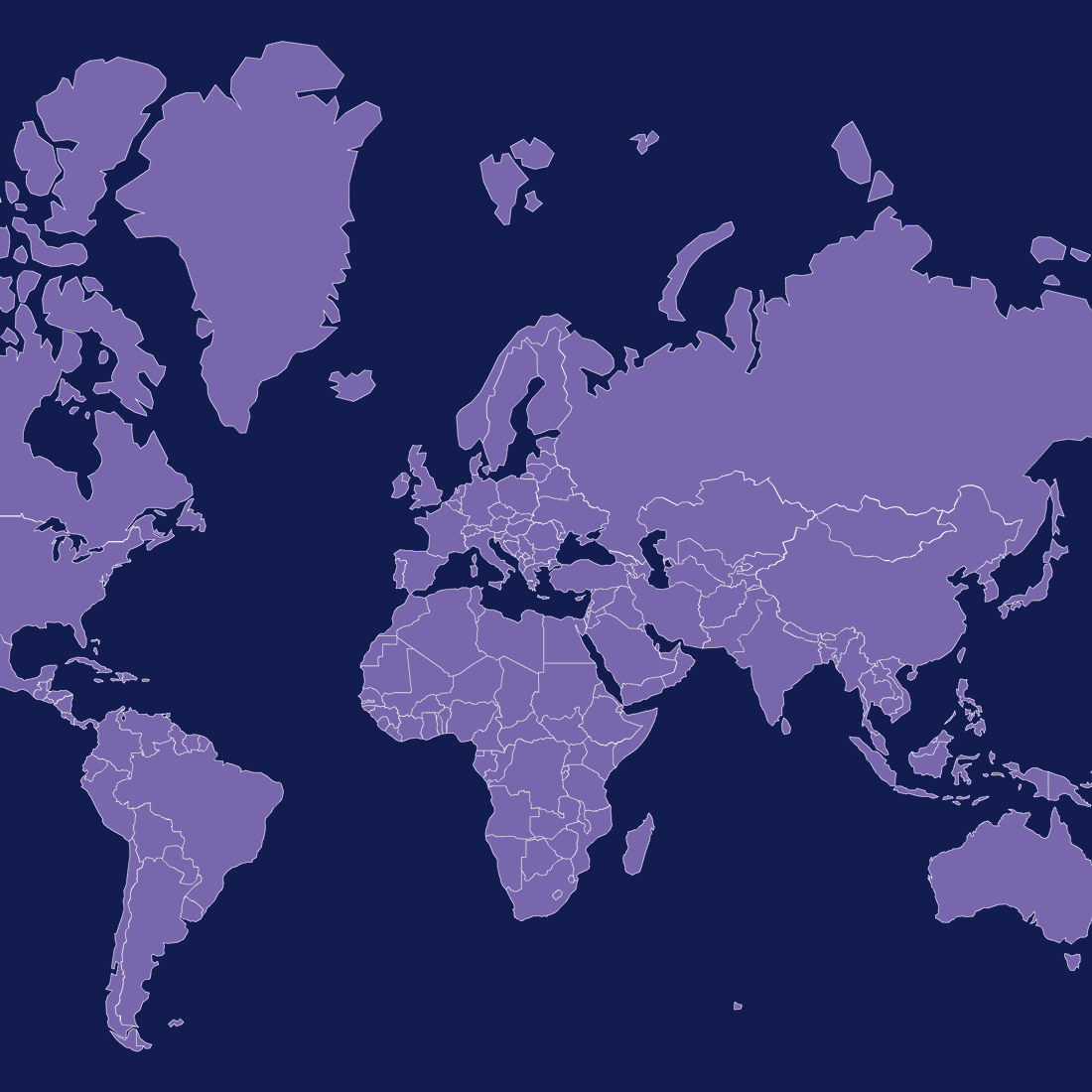
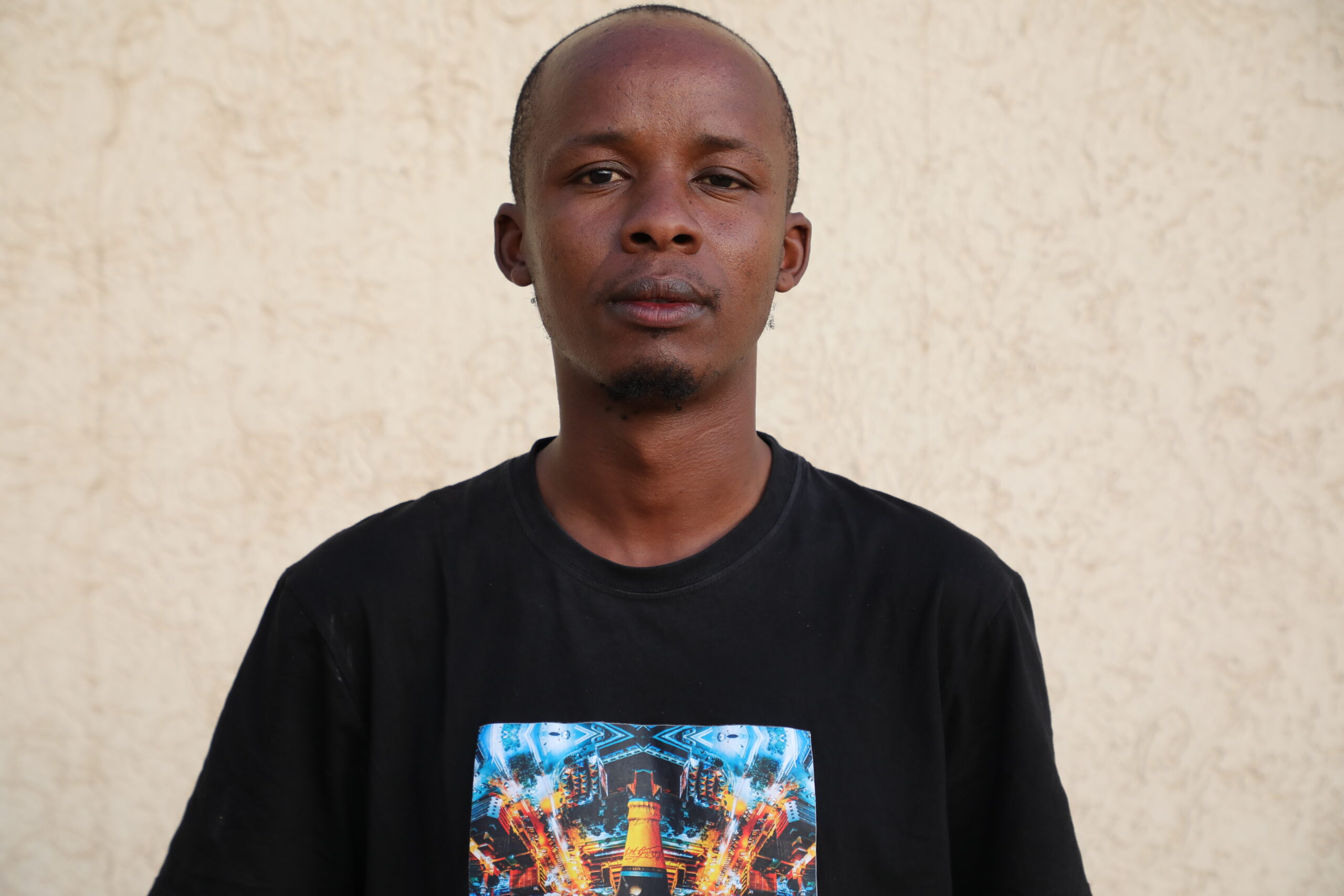
I have been working as a photojournalist for the past nine years and I am attached to a local newspaper. It is my passion and something I had desired to do since childhood. It is very demanding, but it has enabled me to meet with some of the most powerful and well renowned personalities in society.
When I finished school, I freelanced for a couple of months before ending up at my current place of work as a correspondent. I get paid based on my contribution. Sometimes my salary gets delayed. The money is paid monthly via direct deposit in my bank account. I wish I could invest in my profession by buying a new camera and lens but at the moment I am unable to do so because of my financial situation.
I first started using mobile lending platforms in 2014 because my salary wasn’t enough to take care of my daily needs. My financial responsibilities include paying my monthly rent and sending my mom a quarter of my income, which she uses to top up her shopping. I also pay for her car insurance and electricity. Both of my parents don’t work. My dad is a retiree and my mom is a housewife.
I owe several financial institutions a total of about 65,000 Kenyan shillings (KES, $485). These loans have been a savior for me because I’m able to use them to settle emergencies.
I am planning to repay them once I gain financial stability. I’m planning to come up with a side hustle that will help ease this financial burden. I want to purchase a bicycle and start doing food deliveries. Other than this, I’m also planning to open a home studio where I’ll be doing individual portraits and family photos. — as told to Brian Ngugi
Fareeda Khanna, 54
Photocopy coordinator — Jeddah, Saudi Arabia
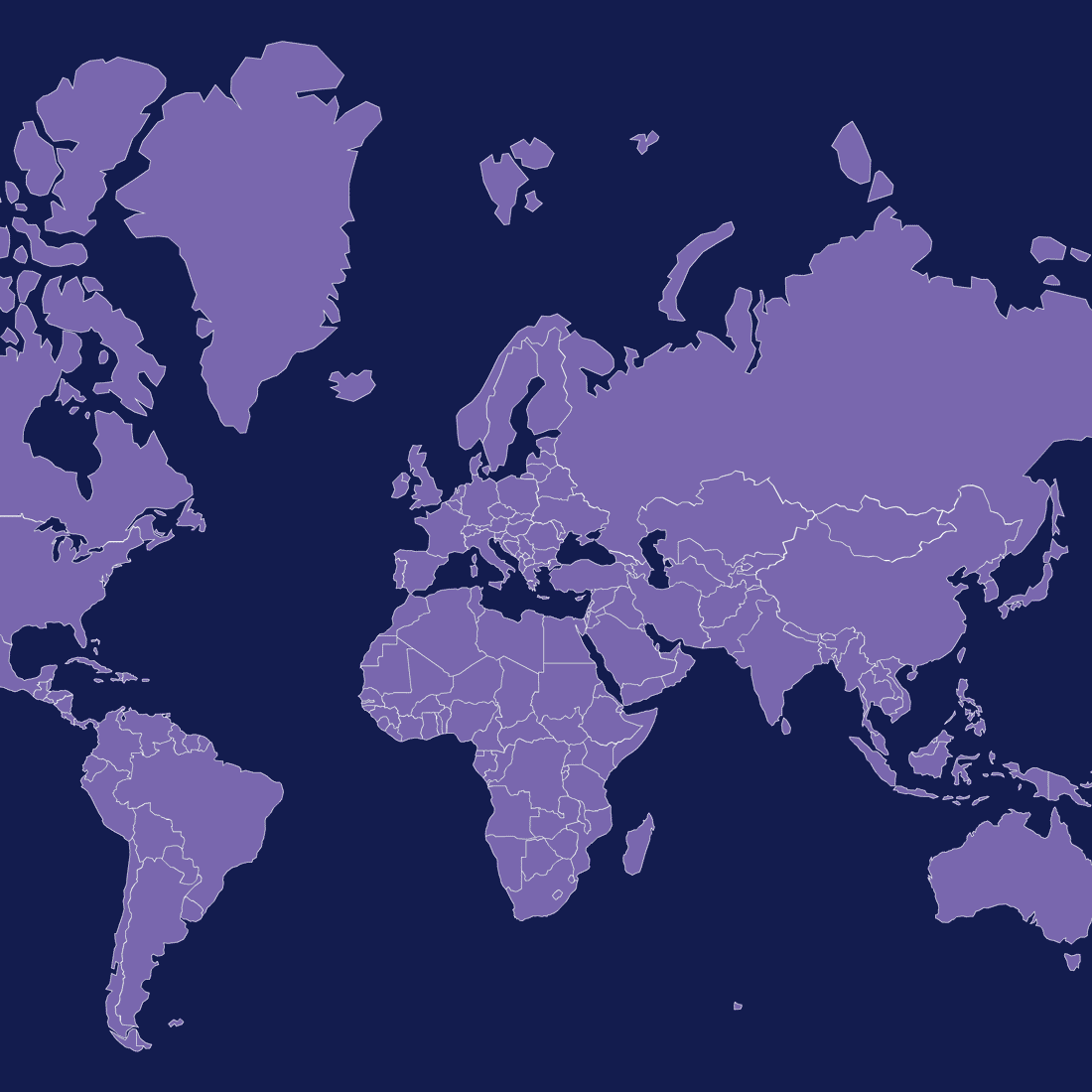
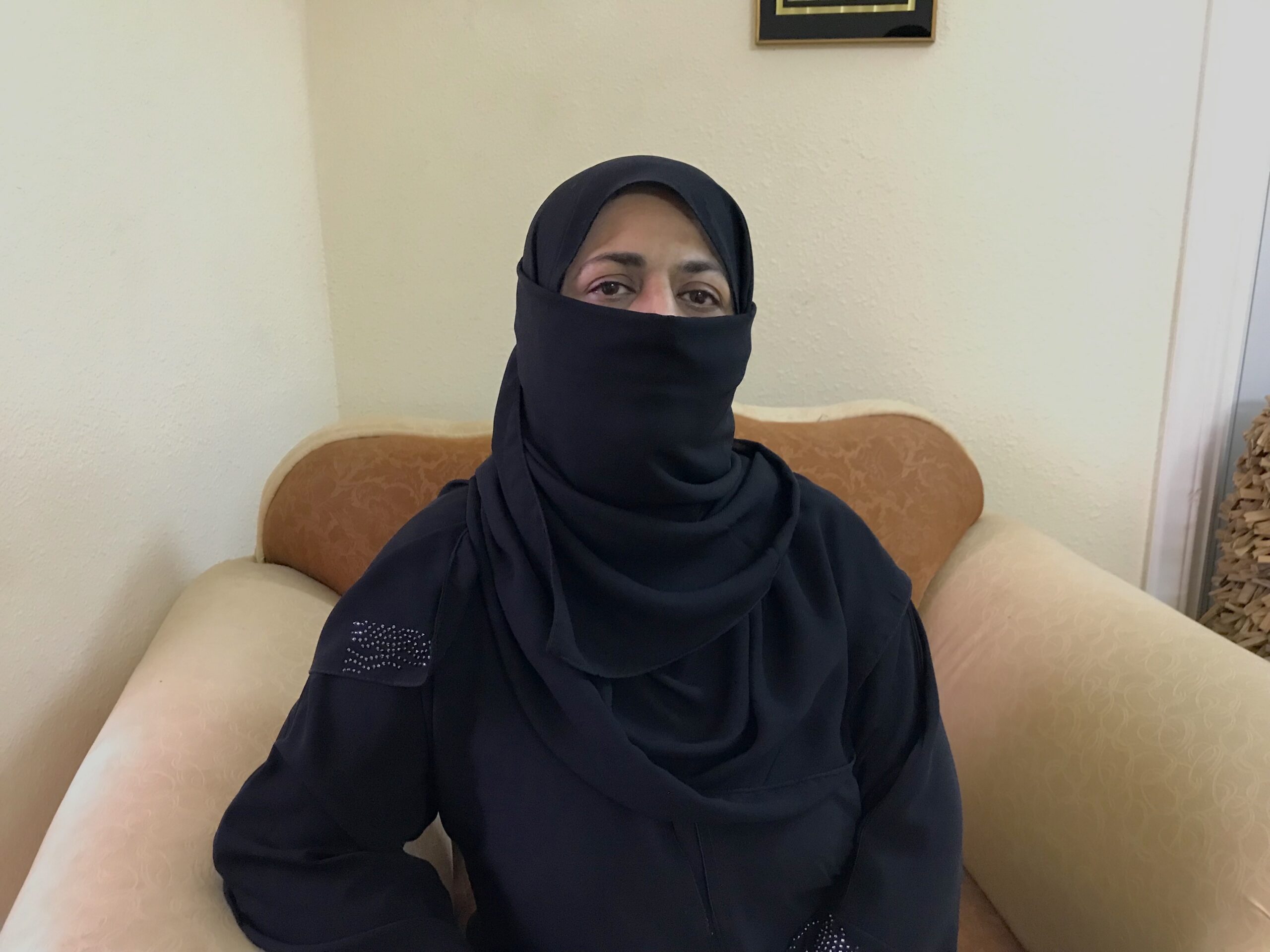
I am from Pakistan and have been living in Saudi Arabia for more than three decades. I started this job in 2001. I have three children, and my husband’s salary was not enough to provide the minimum standard I wanted my children to have, especially regarding their education. I only completed high school, but I got a job in a school doing photocopying and printing.
Two of my children are now in university in Canada. I took out a loan to help them with the living expenses, tuition and visa. They both managed to get scholarships, but there were still many costs. The loan helped them get through their first years there, and then they started earning through part-time jobs.
I took loans of 80,000 Saudi riyals (SAR, $20,000) twice, once for both of my children. The loan is through the bank, but the school, as my employer, is involved as a guarantor. An amount is deducted from my salary each month. The loan is from the same bank that I have my salary account in and also the one the school uses. I don’t think I would have gotten the loan without the school’s help, as it is very hard to get a personal loan as a non-Saudi here, unless you are a very high-income individual. I would not have met the criteria but this school is very established and that helped.
My elder daughter has finished her undergraduate degree and is now working full-time in Canada while my son is nearly done with his degree there. My daughter is also helping me pay the loan back. I want to be debt-free soon but I know I will have to take one more loan in a year — when my youngest is heading off to university. This is the most important investment in the world for me — my husband retired 10 years ago for health reasons so I have been the primary earner in the family for many years now. If my children can have the education we could not, it will all be worth it. — as told to Rabiya Jaffery
Hyojin Ahn, 26
Human resources specialist — Seoul, South Korea
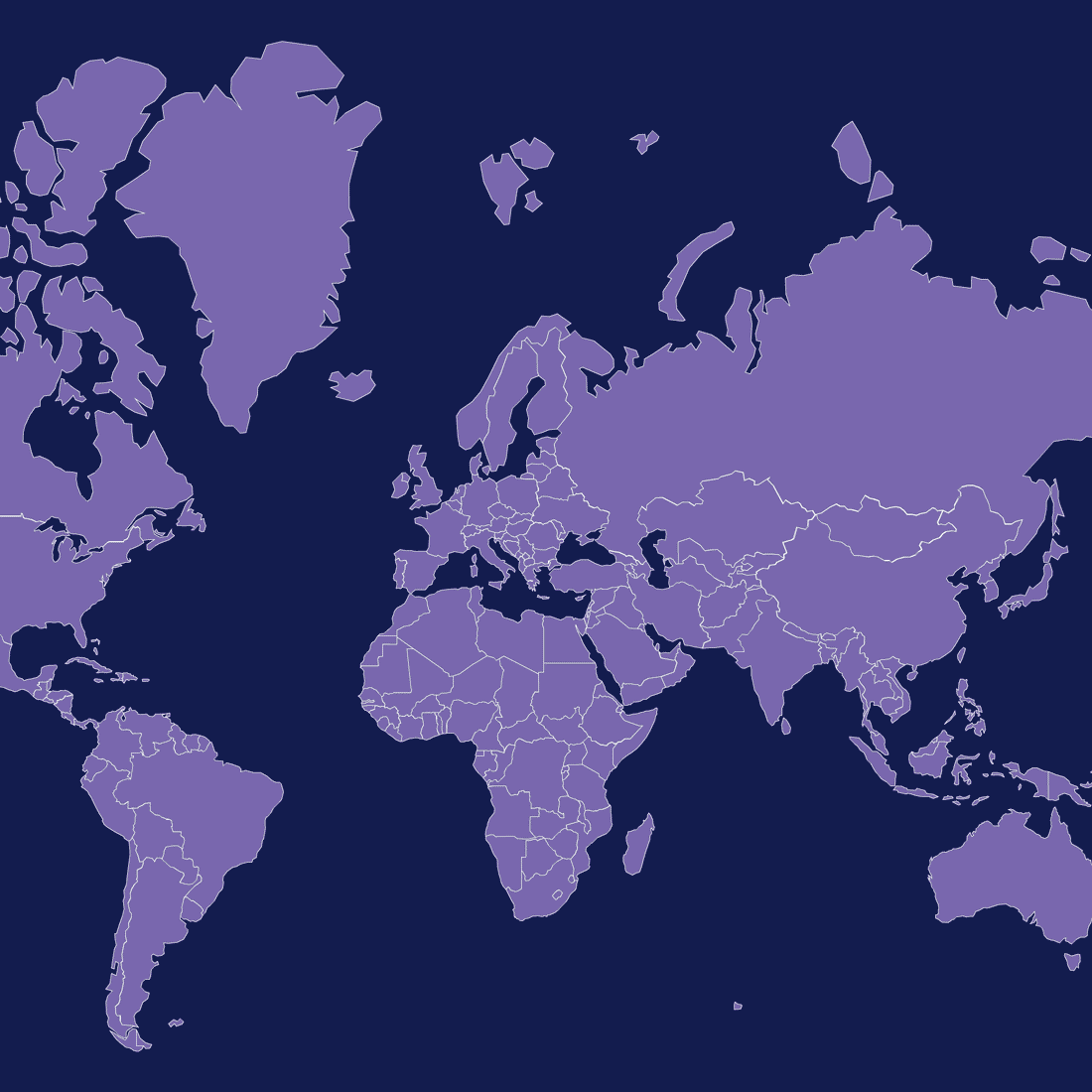
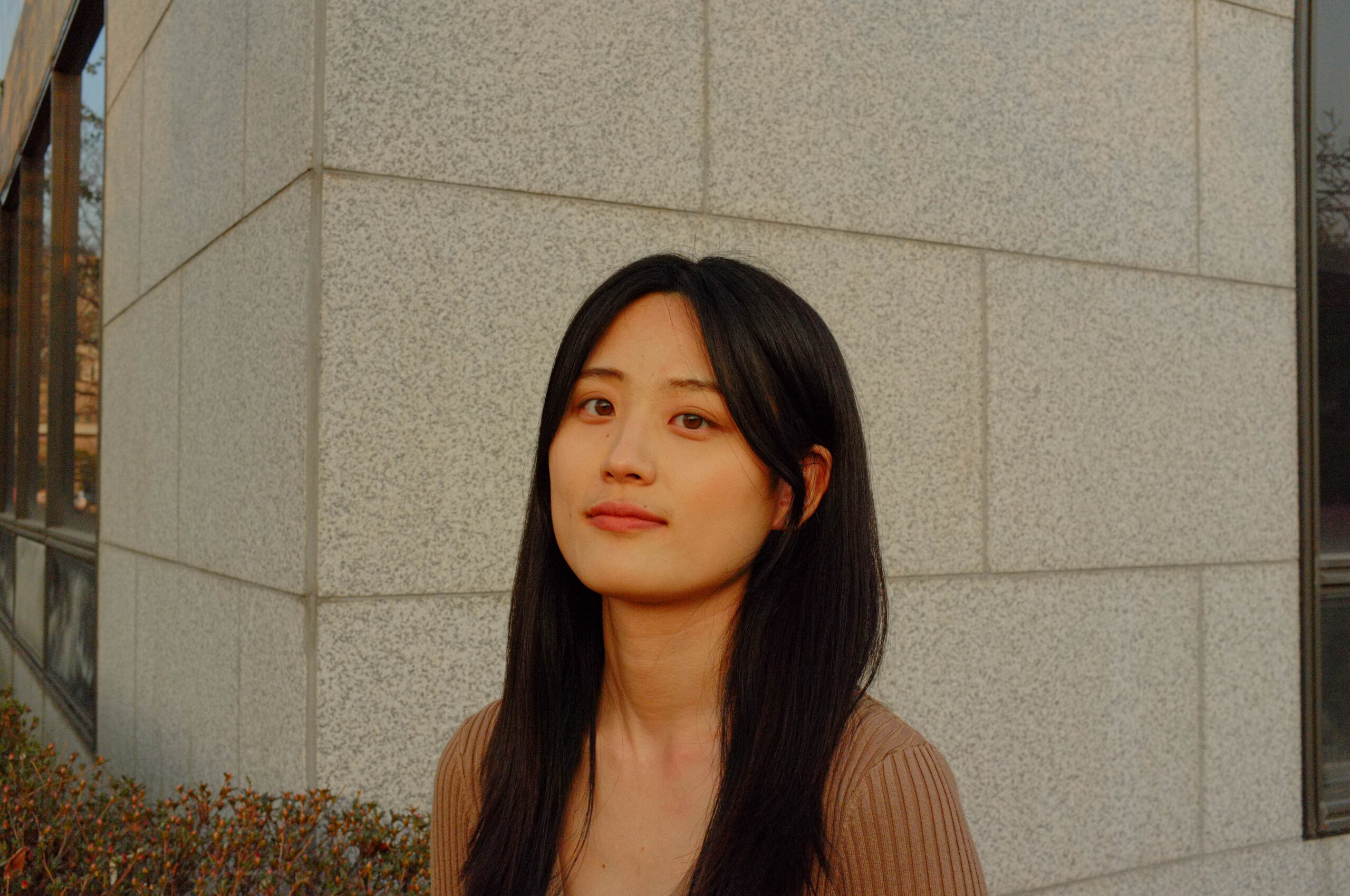
I have been working in the HR department of a Korean public company for a few months, after finishing my studies. I like this job even if I am still a beginner. I work in a high-security level company, which means that we cannot take pictures, leave anything on the desks or throw anything in the rubbish. It’s a strange atmosphere.
For the moment, my monthly salary allows me to live without having to take out a bank loan, but I think that will come when I start looking for a better flat. Real estate prices are very high in Seoul, and it is common to go into debt to pay the jeonse [a deposit system for renters]. Having to pay interest might worry me a bit. I am not sure if my future salary will be enough to pay back the loan and keep a comfortable standard of living. I have friends who just borrowed money. They have to pay almost 500,000 won ($383.66) a month for their loan. They are a little worried about it. In Korea, we often say, “It’s not my flat, but the bank’s!”
I’m not a big spender. I think it comes from my family. My parents have always saved a lot, as having three children in Korea is expensive, especially for education. My father works on a farm in addition to his office job to earn some extra money. I don’t think my parents took out a loan, or at least they didn’t tell me. To this day, I am frugal. Seeing a good amount of money in my account makes me feel better and less anxious.
I don’t have a credit card yet — maybe later when I have a better salary. For the time being, I don’t have to worry. My parents are still there to help me, and I know I can go back to them if I have any problems. And it’s quite normal to stay with your parents in Korea. Real estate prices are way too expensive. — as told to Celío Fioretti
Adam Mokelke, 46
Public school administrator — Eagle River, Alaska, U.S.
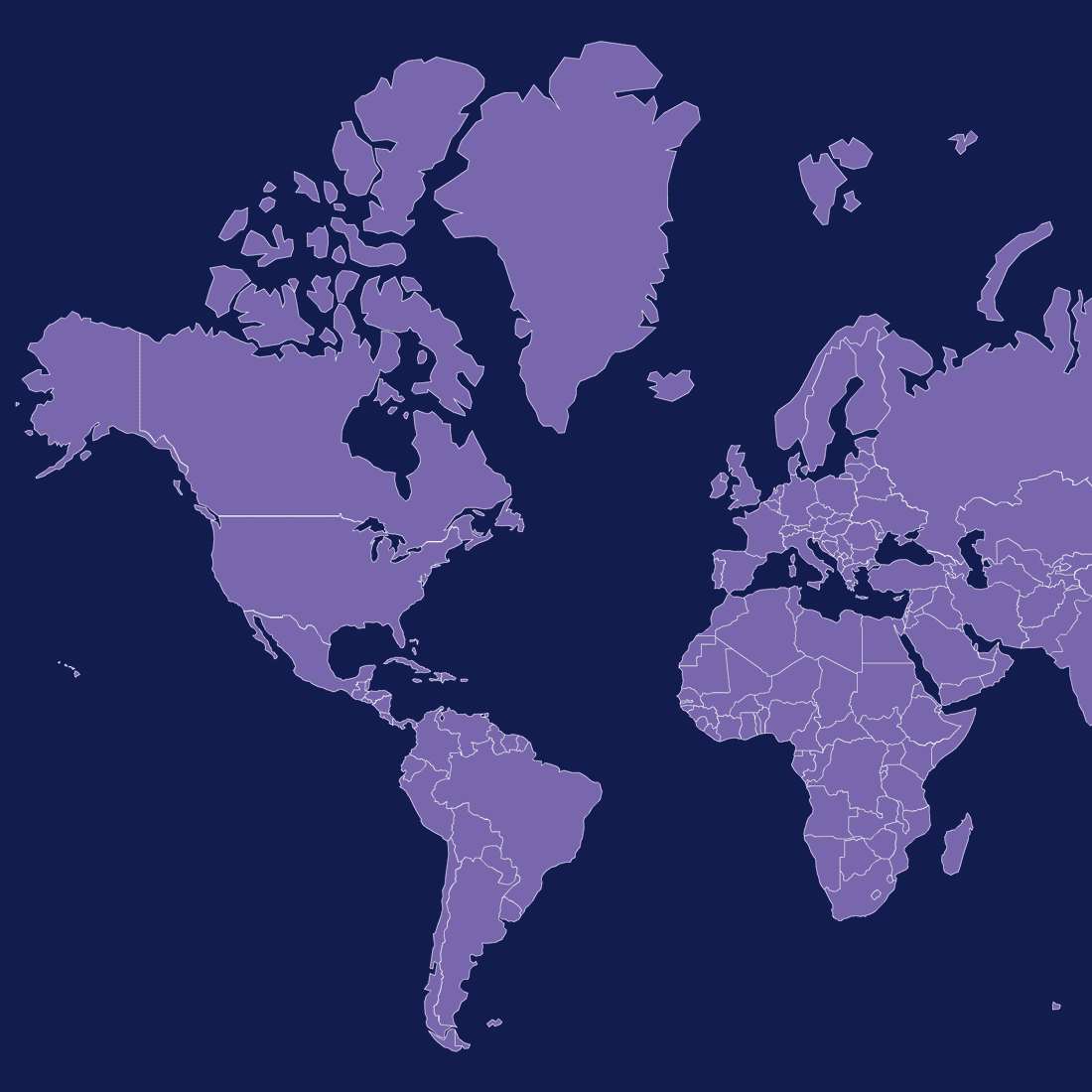
Where’s the money going?
Americans opened 25.9 million new credit cards in 2022 and accumulated $61 billion of additional debt, reaching 518.4 million cards and $986 billion in total debt. According to a recent Bankrate survey, 46% of U.S. credit card holders roll debt over month to month, and the average credit card interest rate is now nearly 20%, making it more difficult to get out of debt.
Many Americans are more comfortable with debt than their global counterparts, but it’s not just a love of spending that’s driving their reliance on credit cards. The U.S. is one of the only countries in the world where people often use credit cards or take personal loans to pay medical bills. A 2022 report from the Kaiser Family Foundation showed that 41% of Americans had health care debt, and 44% of those owed more than $2,500.
When a person fails to follow through on repayments, debt can become an issue for their employer’s payroll department. Garnishments are court-ordered deductions taken from an employee’s pay. These can be instituted to collect child support, unpaid taxes, credit card debt, defaulted student loans, medical bills and outstanding court fees.
Where debt isn’t a go-to
While finance has gone global, some cultures have an aversion to debt. In some Islamic countries in Asia and the Middle East, finance options have to follow Sharia law, which doesn’t allow interest, gambling or excessive risk. But there’s a growing interest in Sharia compliant financing, according to the International Monetary Fund. Generally, interest charges that only impact the person taking the loan are forbidden: All risk must be shared equally by lenders and borrowers.
The countries that have the highest debt-to-income ratios tend to be those where the majority of residents live above the poverty line and have access to credit. Though many people are still hesitant to take on debt that isn’t connected to real estate.
In Germany, for example, cash is still favored over cards. It’s “based on an underlying preference for the supposedly concrete versus the abstract,” German historian Robert Muschalla told the BBC. While acceptance of card payments in retail increased in Germany during the pandemic, people with credit cards tend to pay them off in full each month.
In Italy, the reason for eschewing credit cards is less philosophical. Credit cards in Italy come with high fees and aren’t easy to get. Euros — whether in cash or via debit card — remain the preferred mode for payments.
The credit gap
Access to credit is very different for the world’s informal workers and in countries or regions where there isn’t a widespread network of banks — 24% of people in the world remained unbanked in 2022. About 2 billion people — nearly two-thirds of the world’s adult labor force — earn part or all of their income through informal work, according to the IMF.
People who work informally often rely on informal lenders to get a loan in a time of need. Those lenders don’t necessarily follow government regulations, and interest rates can be astronomical. That often leads borrowers deeper into poverty.
Though some people consider debt a dirty word, it’s really a perk afforded to those who are already living above the poverty line or in some of the world’s wealthier countries. Without a strong and regulated financial system, people rely on lending that’s not set up to benefit them for the long term. That leaves already vulnerable people without access to credit in challenging times and without the means to continue education, travel to find a job, or start a business. But the ability to tap into credit services is increasing with the rise of mobile-based banking services in countries and regions with no access to traditional banks. Solving the problem of access will help close the credit gap in lower-income countries and help more people start small businesses.
Read more
Sign up to keep up to date with ReThink Q.





